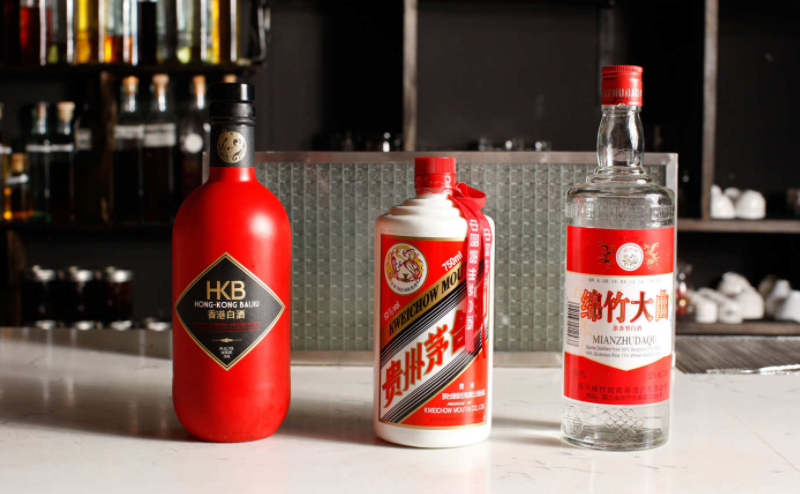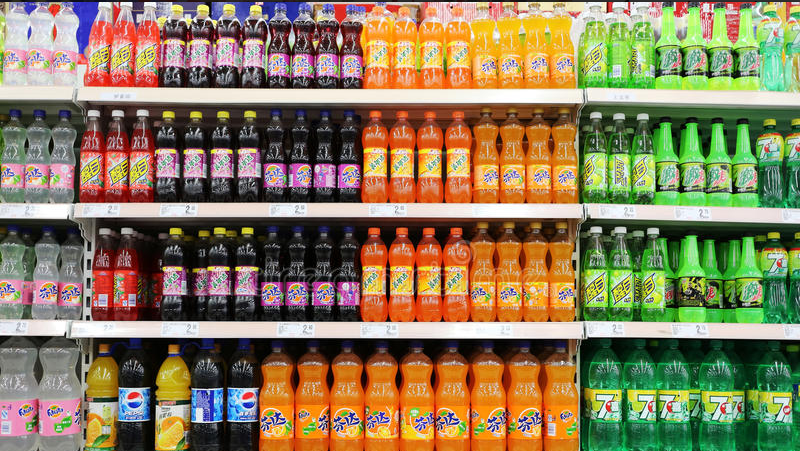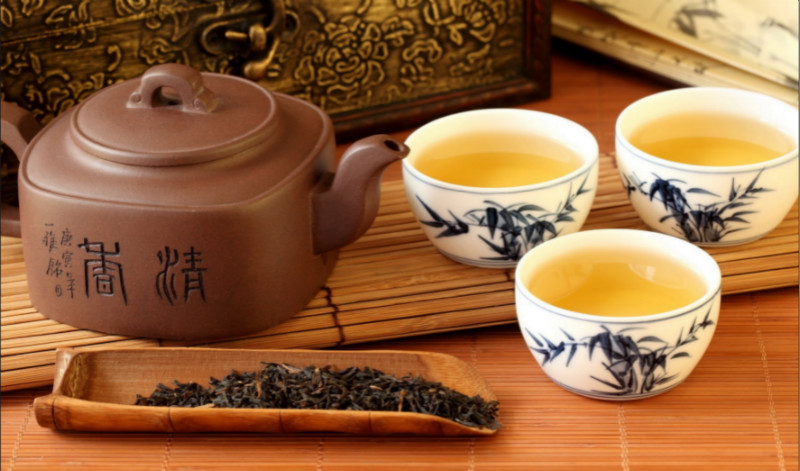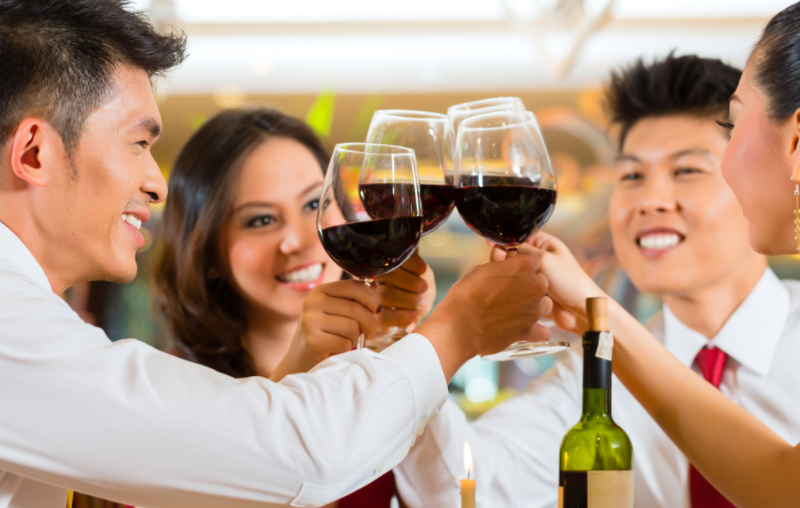
Chinese Drinks
China has plenty of its own delectable drinks to offer. With thousands of years’ development, Chinese drink are indispensable to its culture, presently enjoying world-wide fame and a positive reputation. So if you’re planning to visit China, there’s a good chance you may come across a tipple or two. Here are a few of the country’s more notable alcoholic beverages, and a couple of popular soft drinks. Just pick your favourite taste or try something new! Cheers!
1. Baijiu Drinking in China

Baijiu began to resemble its original form around 1368. It is one of the most consumed alcoholic drinks in China made up from grain. Baijiu precisely means “white alcohol” or spirits. It is served in small cups or glasses, though drinkware varies by region. It is traditional to drink baijiu with food rather than on its own. Ranging from 40 to a whopping 60% alcohol by volume content, the national liquor is not for the faint of heart.
2. Beverages Drink in China

As living standards have improved in China, beverage consumption has changed. The beverage market in China is one of the fastest growing markets in the Chinese food industry. Coffee, Carbonated Beverages, Juice, Milk and Protein beverages are favored by most people.
3. Tea Drinking in China

China is the homeland of tea and and tea has become the national drink. In China, there are various drinking habits and customs in different ethnic groups or different regions. Southwest China is the origin of tea tree, and Yunnan is the most famous province producing tea, such as Puer. Jiangnan tea area has the most famous tea in China, such as Bi Luo Chun tea. South China is the main producing area of Olong tea.
4. Wine Drinking in China

Wine has a long history in China and wine consumption has grown dramatically since the economic reforms of the 1980s. Ningxia wines have received international recognition. Notable wine-producing regions include Xinjiang, Beijing, Yantai, Zhangjiakou in Hebei, Yibin in Sichuan, Tonghua in Jilin, Taiyuan in Shanxi, and Ningxia.
The Most Popular Alcoholic Drinks in China
China has a rich tradition of alcoholic beverages that vary widely in taste, ingredients, and regional popularity. Here are some of the most popular alcoholic drinks in China: Baijiu...
11 Non-Alcoholic Chinese Drinks You Have to Try in China
Exploring non-alcoholic Chinese drinks provides a delightful glimpse into the country’s diverse beverage culture, featuring a range of flavors, ingredients, and health benefits. Here are 11 non-alcoholic Chinese drinks...
Shangri-La Wine in Yunnan
Shangri-La Wine, produced in Yunnan Province, China, is a notable wine brand known for its unique characteristics and high quality. Here are some key points about Shangri-La Wine: Location:...
Rice Baijiu in China
Rice baijiu, also known as rice wine or rice liquor, is a type of distilled alcoholic beverage that is popular in China. Here are some key points about rice...
Xifeng liquor in China
Xifeng liquor (西凤酒) is a type of baijiu, which is a traditional Chinese distilled spirit. It originates from Xifeng District in Baoji City, Shaanxi Province, China. Xifeng liquor is...
Erguotou in China
Erguotou (二锅头) is a type of baijiu, which is a traditional Chinese distilled liquor. It is a clear spirit with a high alcohol content, typically ranging from 38% to...
Wuliangye in China
Wuliangye (五粮液) is one of the most famous and prestigious brands of baijiu, a traditional Chinese distilled spirit. It originates from Yibin City in Sichuan Province, China. Wuliangye is...
Kaoliang Wine in China
Kaoliang wine, Gaoliang wine or sorghum wine is a strong distilled liquor of Chinese origin made from fermented sorghum. It is a type of unflavoured baijiu. The liquor originates from Dazhigu (大直沽, located east of Tianjin), first appearing...
Maotai in China
Maotai, also known as Moutai (茅台), is a renowned type of baijiu (白酒), a strong distilled spirit, originating from Maotai Town in the Guizhou province of southwestern China. Here...
Baijiu or Shaojiu Drinking in China
Baijiu (白酒) and shaojiu (烧酒) are both traditional Chinese distilled spirits with deep cultural roots. Here’s a comparison of the two: Ingredients and Production: Both baijiu and shaojiu are...













